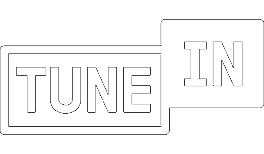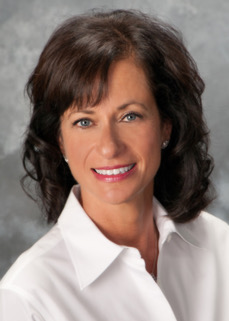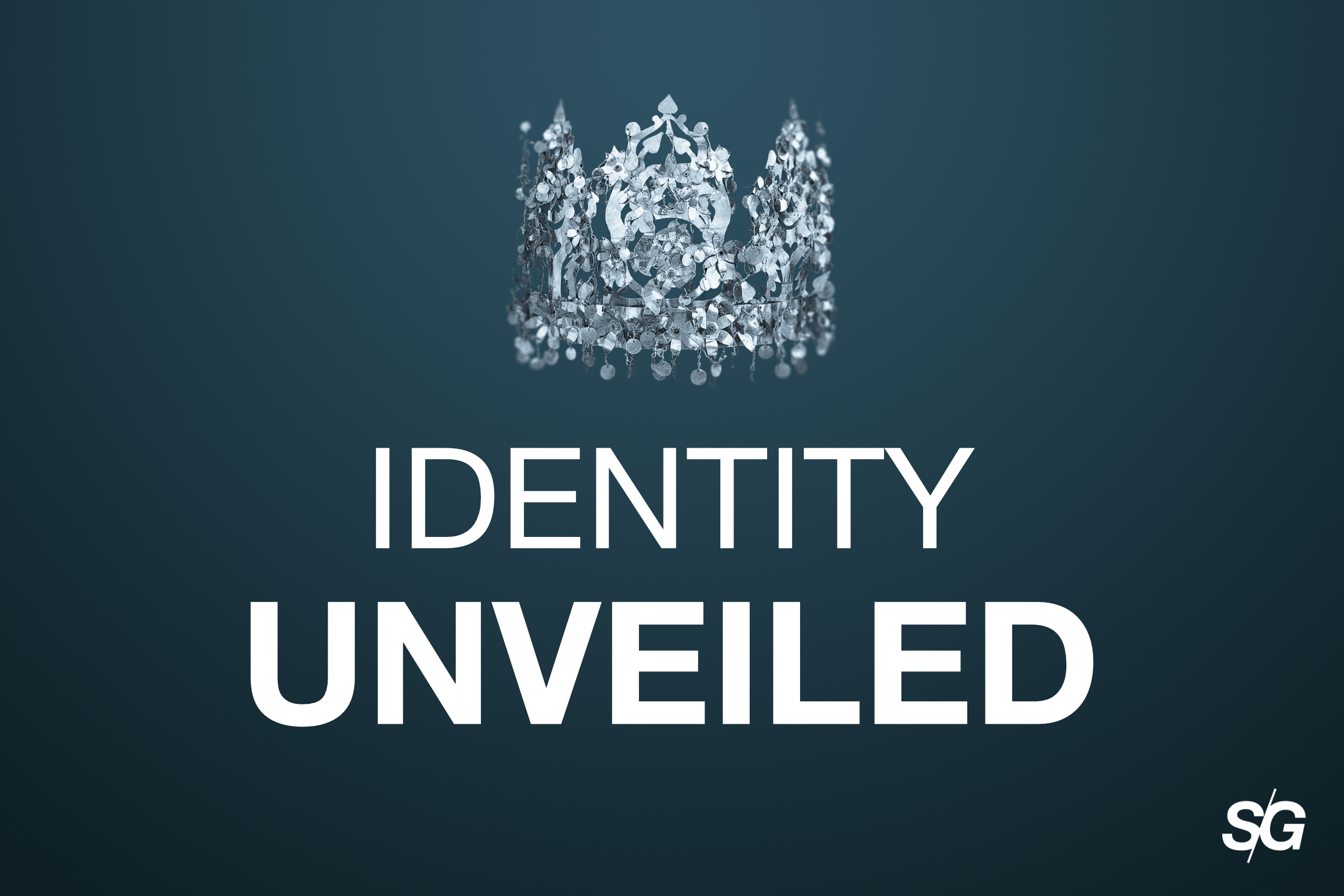Also Available On






WHAT DOES FREEDOM MEAN TO YOU?
What does freedom mean to you?
I posed this question to my Facebook group earlier this week. Here are the responses:
-Hope in Jesus Christ.
-Being able to make a choice.
-Freedom in choosing how to respond
-Freedom in choosing my attitude
-Exercising inalienable rights endowed by our Creator
-Freedom in using our own minds rather than being dictated by the government
Indeed, it’s fascinating to hear – even on a small scale – how people interpret what freedom means.
Trey Gowdy recently addressed an audience in Houston, Texas and posed the following question: Have you had your own day of independence? This is a wonderfully thought provoking question.
I would like to share a small part my personal story of freedom and identity and pose some questions as you consider your own story by asking who, [backstory], what, [change the story], and what for [for his glory].
The first question is Who.
Who are the people responsible for your backstory?
For those who have read my book, you are aware that I believe my biological father is the last shah of Iran. This is my conclusion based on the circumstantial evidence left behind in my adoptive parents’ paper trail.
Upon reflecting on this during this week of Independence, the thought occurred to me that this king had the power to give me life or take life. In a country that did not give mothers options except giving birth, the king could have declared life or death after birth.
He had a choice.
In addition, I think also about her. The woman – most likely single and very young – who gave me physical life. Perhaps she was outwardly veiled in a chador while inwardly veiled in shame. I don’t know.
For reasons I will never know, the choice was given for me to live.
Did she have a choice?
Abortion wasn’t an option at the time of my birth. Her lack of ability to choose provided my freedom.
I also think about the other people who played significant roles in securing my freedom:
The high ranking Iranian general. The Iranian government official. These men knew each other and worked together to secure my freedom.
What about the others in my backstory? These are the people whose signatures fill the blanks of formulated and fabricated documentation that paved the way for adoption and naturalization.
Let’s not forget my American parents. My freedom cost them.
It cost them freedom in their second marriages as newlyweds. It cost them time. It cost them paperwork. It cost them the road of least resistance. They could have said “no” to an orphaned baby.
They had a choice.
My mom always said, “If not for your dad’s (military) rank, my adoption would not have been possible.”
My memory takes me back to Lynchburg, Virginia, where my mother, grandmother, and I caught a train to Washington, D.C. where I would don a beautiful red, white, and blue outfit with matching shoes and purse on the day I would become a naturalized citizen. My mind’s eye conjures up the visual of a room full of people as a I stood on a chair with my hand over my heart staring at the American flag, just under the age of 5, and being startled by the gun salute. I remember a long rectangular table covered in snacks and cookies for newly named American citizens. This is a fond memory. For me and my story, the flag represents citizenship. It represents freedom. My freedom.
Just as in mine, there are people in your life who you can thank for your very life. Who are they? What has been their impact on you?
Think about it. Think about the people in your backstory whose “yes” or “no” have shaped your story of freedom.
God allowed the “yeses” of the people in my life to shape my personal story of freedom.
The second question is What.
What have you been freed from and freed for?
For this question, I would like you to consider freedom on national level as well as a spiritual and emotional level.
I can only speculate what I was saved from, as I have no proof as to what my life truly would have been like. Many factors would have to have played into this hypothetical scenario.
As I answer the what to my own story of freedom and what I was freed for, here are the questions posed to my mother as she answered my naturalization petition since I was a minor:
[Questions 1 – 8 issued by the U.S. Department of Justice Immigration and Naturalization Service].For each of us, to be free from something and free for something requires responsibility.
Not only is there the national concept of freedom, but there is also the emotional and spiritual life of freedom can never be taken away. In today’s world, I stand securely on this freedom that keeps my identity and worth secure. Regardless of what occurs on a national level, the internal freedom available to us is truly inalienable.
Reflecting back on Trey Gowdy’s speech, he asked listeners: “What is your ‘prison’”?
What is your “prison” that prohibits freedom?
Your answer to this question also answers the “what” part of your story. What do you need to be freed from?
Christ’s death on the cross was the cost. Freedom always has a cost.
God had a choice.
Regardless of our own personal stories, the truth is that we all need to be freed from something that prohibits our internal freedom. Perhaps pride is the most dangerous prison of all. Pride keeps you on the cross in an unending agony.
Pride says that you know better what should have happened in your life. And to some degree, this may indeed be true.
A.W. Tozer writes in The Radical Cross, “The truth is that God has never planned that His children should live forever stretched upon a cross. Christ Himself endured His cross for only six hours. When the cross had done its work life entered and took over” (p. 130).
What would it be like to crucify those very things in your life that keep you enslaved and prevent you living in freedom? You keep resurrecting what God wants to put to death so you can truly live!
You had no control of your backstory. Neither did I. But you can decide for today.
As you ask what you have been freed from and freed for, the crucial question becomes: How will you change your story?
You have a choice.
Many people should have had a different story. My own life narrative in a 3 generational family included abuse, addictions, alcoholism, adultery. In an odd way, individual freedoms of one can lead to a prison of enslavement for others.
But what if – what if – God’s sovereignty in your life allowed something to occur simply because he wants you to know the most meaningful and most significant freedom that can only come by way of your identity in God, THE King?
It is indeed much easier to blame than accept responsibility for your own life.
Blame keeps you chained to the past while responsibility propels you forward into the future.
You have a choice.
George Bernard Shaw said, “Liberty means responsibility. That is why most men dread it.”
A.W. Tozer writes that for us to truly know freedom, we must tear the veil of pride in our self life.
Do you live a life as a victim? This is when pride has you enslaved.
What do you need freedom from? To change the story means that you will take ownership of your life story and take responsibility instead of casting blame. This became a cognitive shift in my own life. This meant I was no longer a victim, but a victor.
I had a choice. You have a choice.
What if the bigger concept of freedom for you to know in your own life narrative paved the way for the What For?
The last question is What For.
How will you use your story of freedom to reflect the King’s glory in your life?
Honestly, you may and you may not know the full effect of your freedom from pride and the impact you have as you share your story.
When you have chosen for Christ to free you from pride, and you take responsibility for your own life instead of casting blame, your impact will be both known and unknown.
This is the intangible influence that comes from a life of freedom. This is also the internal life of freedom which no one else sees.
Not measured on Facebook. Not measured on Instagram. Not measured on Twitter.
It’s the life we have been promised that no government can ever take away.
It’s the true meaning of our own identity, as stated in 2 Corinthians 3:
“Since we have such a hope…when one turns to the Lord, the veil is removed…where the Spirit of the Lord is, there is freedom.”
May you experience the freedom that can never be taken away.
Be thankful for the Who, the What, and the What For in your own story.
You have the choice. And that is freedom.
From the land of the veil to the land of sea to shining sea, I am
Shirene Gentry with the Identity Unveiled podcast.
About The Author

Shirene Gentry
Shirene is a Board Certified Master Christian Life Coach through the American Association of Christian Counselors and has professional memberships with the AACC and the International Christian Coaching Association.
